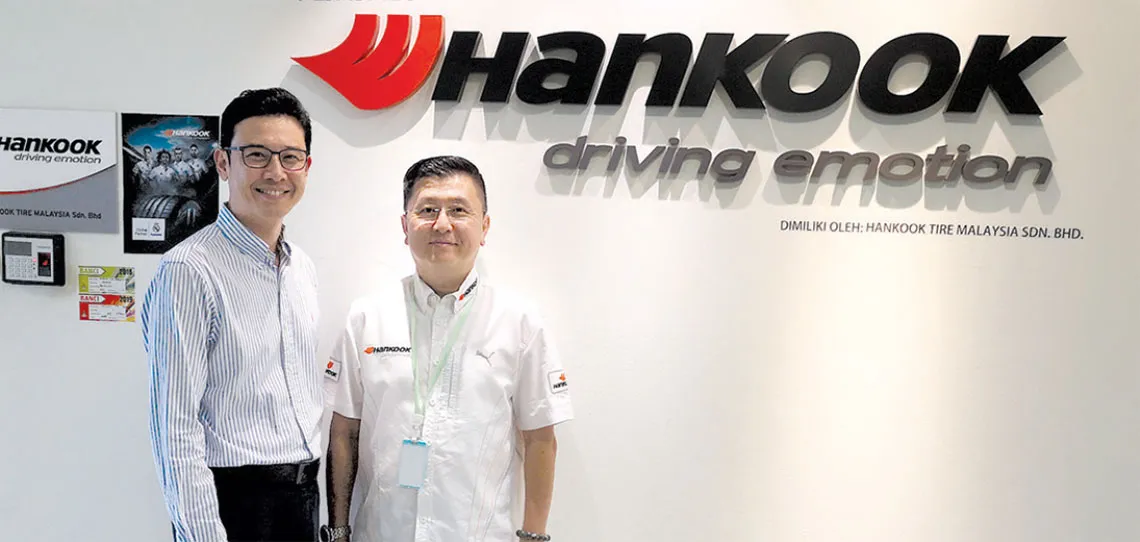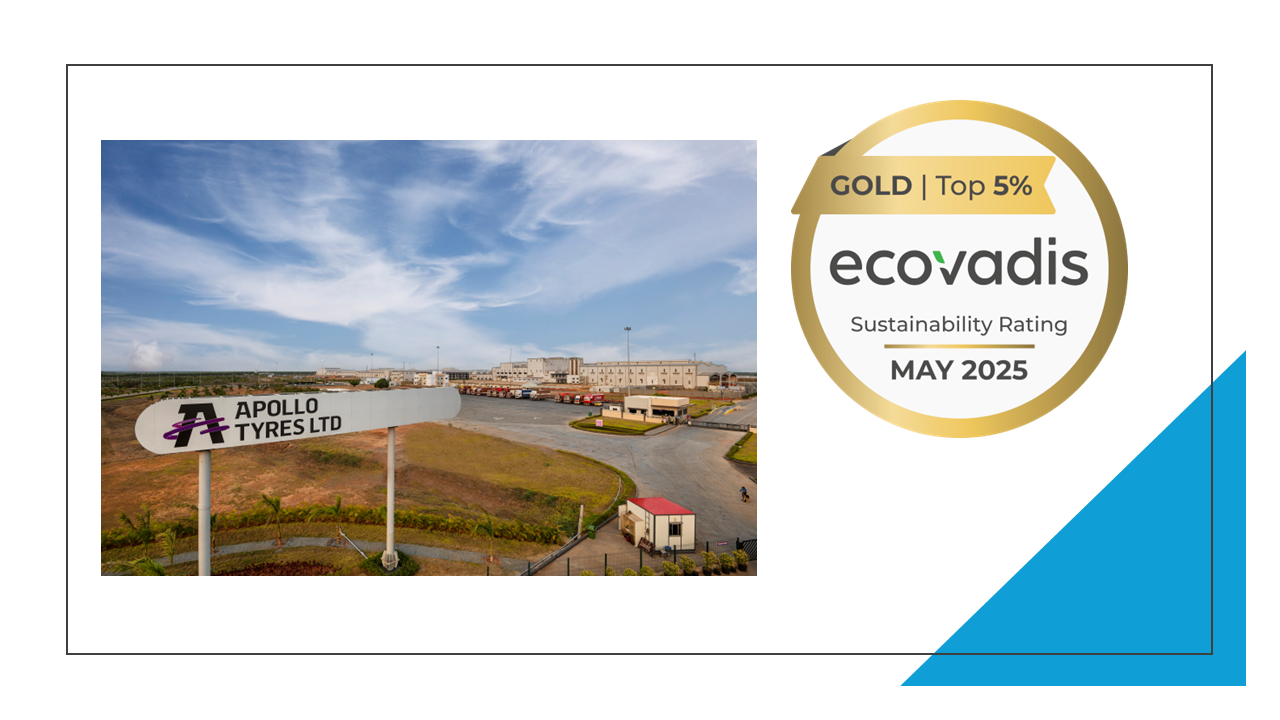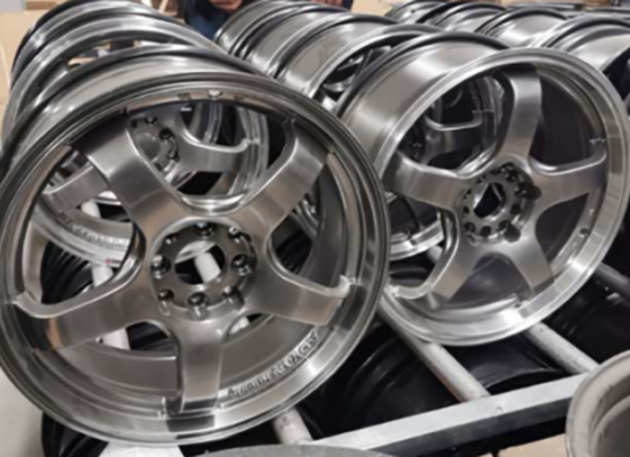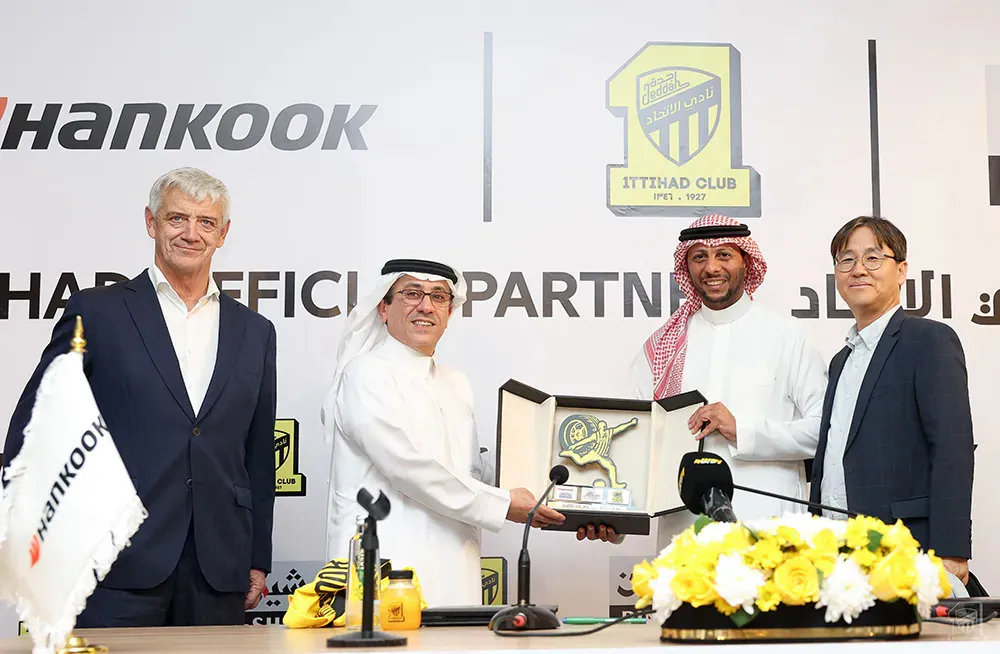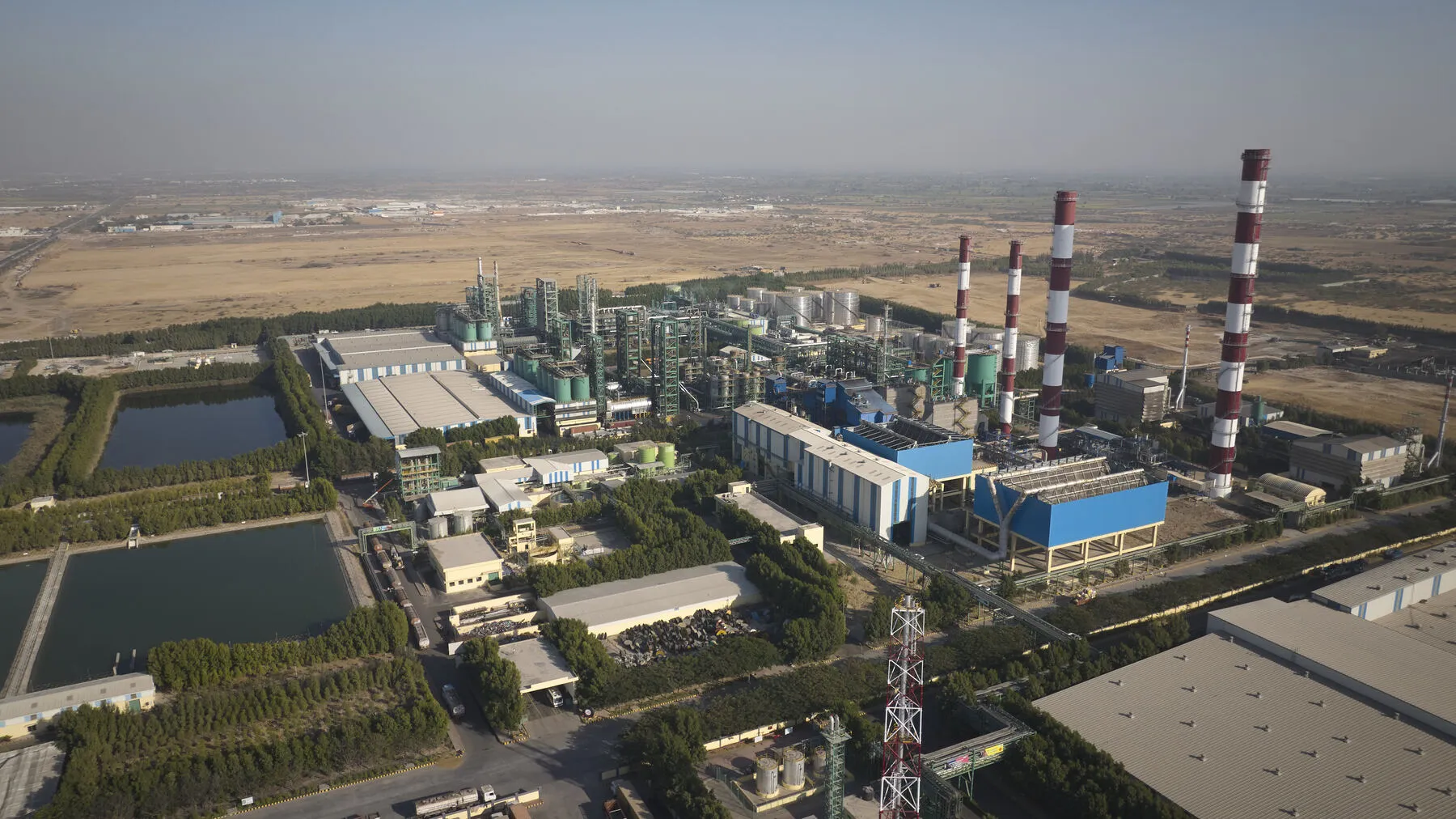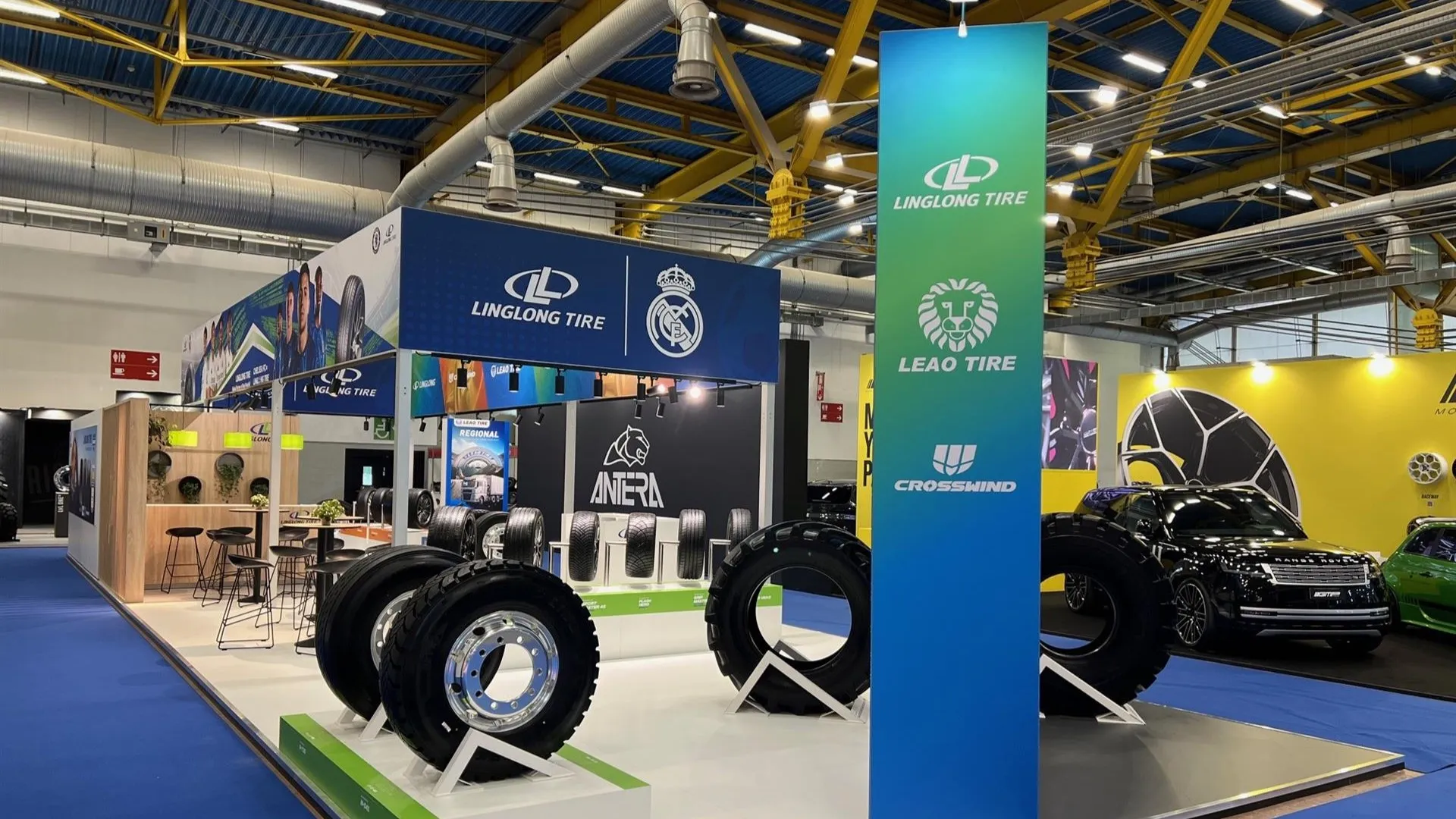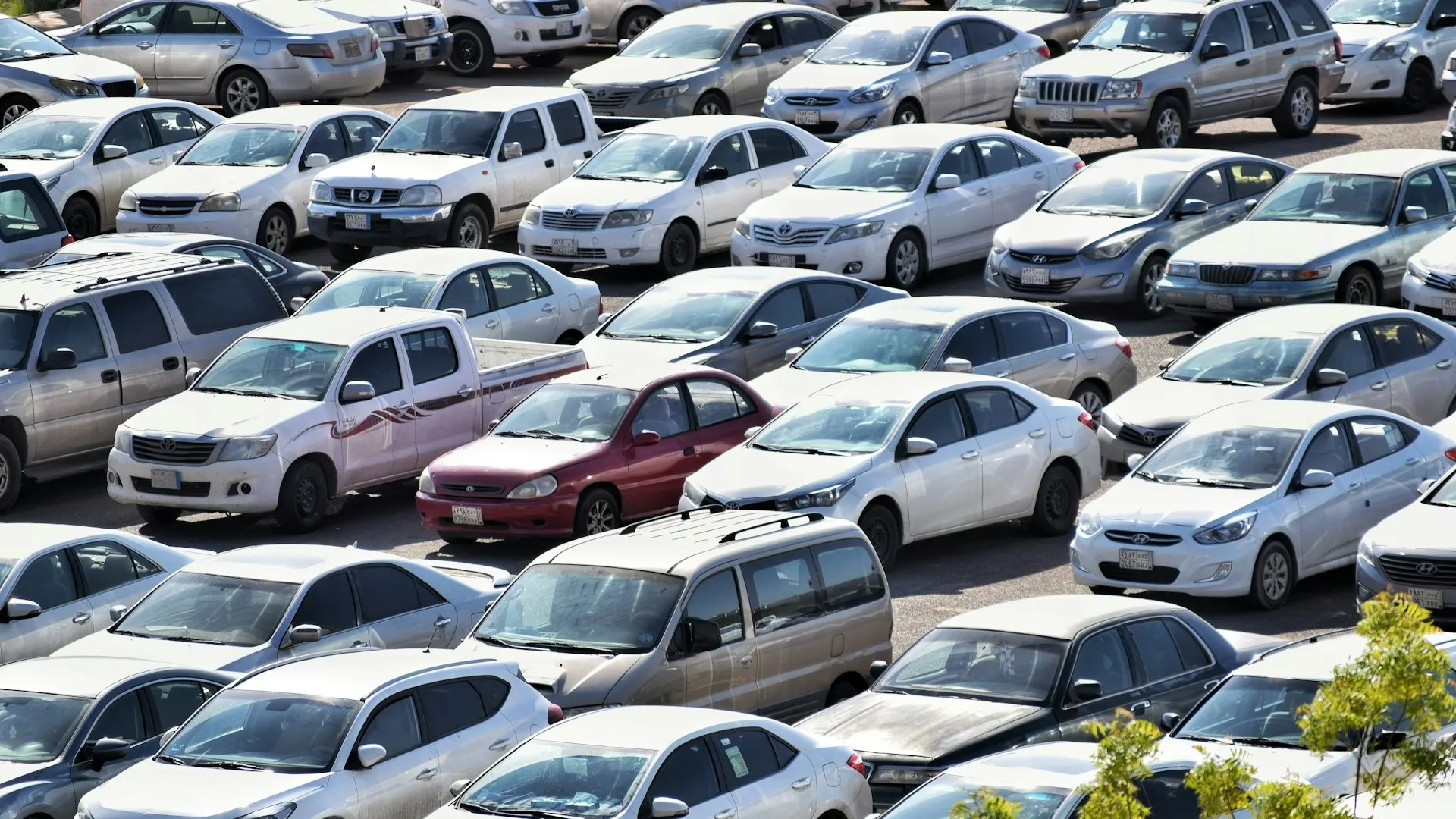What will be the key trends that will affect the tyre industry, what will be the key opportunities and threats? Here are some of the answers.
A Look on the Tyre Industry
2019 marks 50 years since the first edition of The Tyreman was published. A lot has changed in the tyre industry since then, but anniversaries also make you start to think about the future, what will happen to the tyre industry in the next 50 years. What will be the key trends that will affect the industry, what will be the key opportunities and threats that manufacturers and distributors will have to face? In a special f...
A Look on the Tyre Industry
2019 marks 50 years since the first edition of The Tyreman was published. A lot has changed in the tyre industry since then, but anniversaries also make you start to think about the future, what will happen to the tyre industry in the next 50 years. What will be the key trends that will affect the industry, what will be the key opportunities and threats that manufacturers and distributors will have to face? In a special f...

